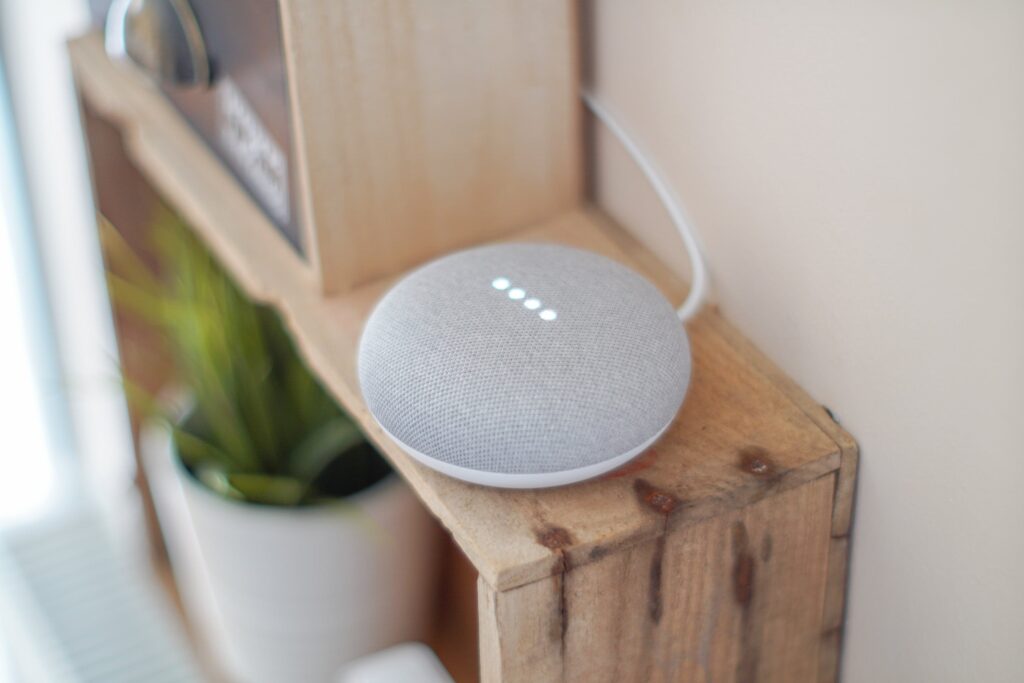How to Avoid Distractions When Working From Home

Working from home has its benefits, but for some people, it can blur the line between work and play. Today, 53% of remote workers claim working from home has made it more difficult to separate their personal and work life. And when there’s ambiguity around the divide between work and non-work life, this creates room for distractions.
Working from home can sometimes be challenging for many people. Perhaps you are among them. When your spouse isn’t interrupting you, your kids are sprawled across the room, making noise as they go about their studies and projects. Your pet, on the other hand, is demanding your attention, and your boisterous neighbors make it hard to have hours of deep concentration.
And we’ve not even mentioned the texts, news alerts, Facebook updates, and an endless array of notifications emanating from your devices.
If distractions are causing your concentration to dwindle, resulting in productivity loss, we have some suggestions. Read on to learn how to sidestep distractions when working from home.
5 Ways to Avoid Distractions When Working From Home
1. Create a Dedicated Workspace
While 63% of remote workers now work from a designated home office, 21% are still working in other locations around the home. If you belong to the second cohort, it could be harder to block out productivity-sapping distractions.
If you have space in your home, preferably a room with a door, to make into your office, this will help you to keep focused. But even if you don’t have the option of an entire room, you can still create a dedicated workspace. When placing your desk and setting up your work area, ensure that it is away from television and other devices. This helps you avoid watching TV, which is the main cause of distraction at home for 16.6% of remote employees. In addition, you’ll not be tempted to play video games during work time.
2. Turn Off Onscreen and Push Notifications
Every day, from the moment you wake up, you’re bombarded with notifications: email, text messages, social media alerts, game notifications, and more. It’s okay to respond to some of the messages before you begin your work. However, once you enter your home office, you should turn off push notifications on your phone.
If you use apps like Slack or monday.com, make sure to turn off the onscreen notifications on your monitor. Remember: it takes a single Twitter notification to suck up your attention, and before you know it, you’re down the social media rabbit hole for hours.
Phones that are constantly buzzing with updates can create immense distractions. If you don’t need your phone during work time, keep it far away. This will help you avoid distractions that come in all shapes from notifications. You can respond to important messages or answer calls during a lunch break.
3. Create and Adhere to a Strict Schedule
The main reason why 27% of remote employees grapple with the inability to separate personal and work time is the lack of a solid schedule. And those that have a schedule choose not to adhere to it. Don’t fall into this trap — if you want to achieve work-life balance and minimize distractions, you have to create a schedule.
The schedule should stipulate when you start work and when you log off. Break down your work time into periods of hyper-focus, where you’ll do real work. Besides enhancing motivation and time management, the schedule will help you stay focused on the tasks at hand.
In addition, separate these periods of hyper-focus with short breaks. Working all day long without taking a break can be highly counterproductive. Set some times to take 20 breaks from work. You could take that time to have a screen time break: take your dog for a walk or bike to your local store to run errands. Or, if you need to respond to personal messages, you can do so.
4. Use The Right Tools and Resources
Arming yourself with the right tools and resources is another great way to avoid distractions. Picture this: you have done everything right, from setting a designated home office to creating a solid schedule. However, the cacophony caused by bulldozers and jackhammers from a nearby construction site can’t let you concentrate.
This noise emanating from the construction site is way beyond your control, but you still need to find a way to concentrate. In this case, you’ll have to invest in noise-canceling headphones to block out the noise and put you in the right state of mind to focus on your work.
Moreover, invest in fast internet service — if the internet is slow, it leaves loopholes for distraction to creep in. For example, if a file that’s critical for the current task is taking forever to download, you’ll be tempted to check what’s happening on social media or respond to a message.
5. Know When to Log Off
This is very important. A recent study has shown that 59% of remote employees continue to work past normal working hours when working from home. While extending your work time by 20 or 30 minutes may not sound as much, it can be detrimental to your physical and mental well-being.
When you’re done for the day, shut the door and don’t return to the home office until the next day. If you work from another place in the house, put your laptop and other work-related devices away. Go spend time with family or roommates, or do other non-work related activities such as cooking or laundry. Come to work the next morning when you’re refreshed and ready to go again.
By following these tricks, you’ll keep distractions at bay to bring the best out of yourself when you’re working from home.






